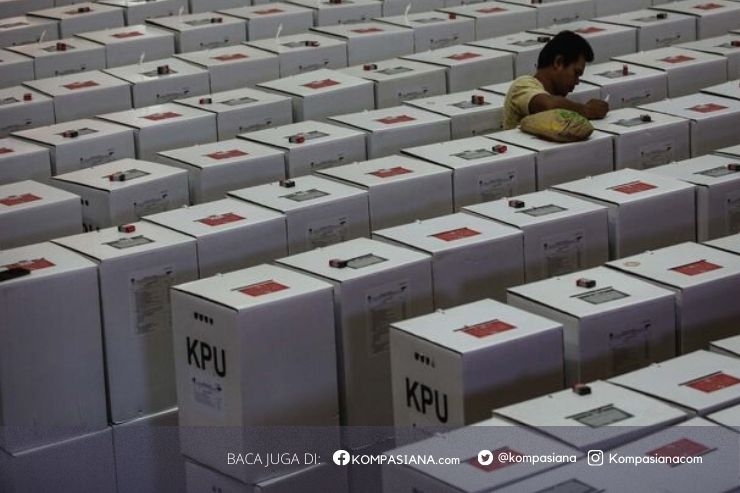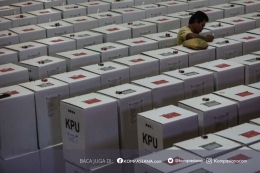Finally, Singkil can encourage its local universities and research institutions to collaborate with international counterparts. Academic partnerships can lead to joint research projects that investigate the adaptability of successful sustainable farming practices to Singkil's conditions. These research projects can also involve students and young researchers, fostering a new generation of agricultural professionals who are well-versed in sustainable practices.
By pursuing these collaborative efforts, Singkil can build a robust framework for learning from the experiences of successful regions and integrating sustainable farming practices into its agricultural sector. This will not only enhance the sustainability of Singkil's agriculture but also contribute to the overall economic and environmental well-being of the region.
Yes, Singkil has engaged in international partnerships aimed at enhancing its agricultural sector. A notable collaboration is the partnership between Apical, a leading global vegetable oil processor, and IDH, the Sustainable Trade Initiative. This partnership focuses on the Sustainable Living Village Programme in Aceh Singkil, which promotes the Production, Protection, and Inclusion (PPI) Compact. The PPI Compact aims to nurture sustainable livelihood models through collaboration with partners, communities, and villagers, with the goal of improving community resilience and livelihood sustainability.
The programme includes a comprehensive baseline study on Environmental, Social, and Governance (ESG) issues to identify threats and opportunities for village-to-landscape level intervention. It also involves mapping stakeholders' plots on the field and identifying High Conservation Value and High Carbon Stock areas, as well as facilitating the incubation of the business case for SLV financing to be feasible and bankable. This Memorandum of Understanding (MoU) represents a mutual commitment to drive positive social impact for the community and environment and marks the beginning of a three-year partnership.
Aceh Singkil plays a crucial role in protecting the Leuser Ecosystem, which consists of 2.6 million hectares of tropical forest and is home to various Sumatran animal species such as the orangutan, rhinoceros, Sumatran tiger, and elephant. The region faces challenges due to rapid illegal land conversion for oil palm plantations, which poses a threat to this vital ecosystem's sustainability. The government of Aceh Singkil welcomes and appreciates all parties involved in the SLV programme and hopes it will help elevate positive socio-economic welfare for all.
This partnership is an example of how international collaboration can contribute to the development of sustainable agricultural practices and economic growth in regions like Singkil. By working together with global entities and local communities, Singkil can adopt innovative approaches to agriculture that balance economic development with environmental conservation. Such initiatives are essential for creating a sustainable future for agriculture, ensuring the preservation of natural resources, and providing long-term benefits to the local population. The success of these partnerships can serve as a model for other regions seeking to improve their agricultural sectors through international collaboration and sustainable practices.
The Sustainable Living Village Programme (SLV) in Aceh Singkil is a comprehensive initiative that encompasses a range of activities designed to promote sustainable livelihoods and environmental conservation. The program's activities are centered around four key pillars: enhancing livelihoods, forest protection, driving supply chain transformation, and supporting landscape collaboration through the Production, Protection, and Inclusion (PPI) Compact.
One of the primary activities is the enhancement of community resilience and livelihood options for 1,000 independent smallholders. This involves adopting sustainable agricultural practices, providing training and resources to improve crop yields, and ensuring that farming methods are environmentally friendly and economically viable. The program also focuses on protecting forests within the ecosystem by leveraging technology for forest monitoring and establishing a response team in Aceh Singkil to address issues such as illegal land conversion.
In addition to these efforts, the SLV Programme works on driving supply chain transformation to ensure a sustainable and deforestation-free supply chain at a landscape level. This includes working with local partners to develop tailored initiatives suited to different communities, with the aim of enhancing capacity building and empowering the community.
The program also supports landscape collaboration, which is essential for maintaining the Leuser Ecosystem's biodiversity and ecological integrity. This involves stakeholder engagement, including collaboration with local government and community members, to promote positive human-forest relationships and create a business-friendly, community-forest positive relationship model that is commercially viable for upscaling at the village and landscape level.
Furthermore, the SLV Programme strives to alleviate poverty and nurture communities by fostering inclusion and enhancing livelihoods while ensuring environmental sustainability. The initiatives are anchored in the principle that sustainable livelihoods and environmental health are interdependent, and they adopt a holistic landscape approach, focusing on working in harmony with nature and communities to advance a sustainable model for the future.







